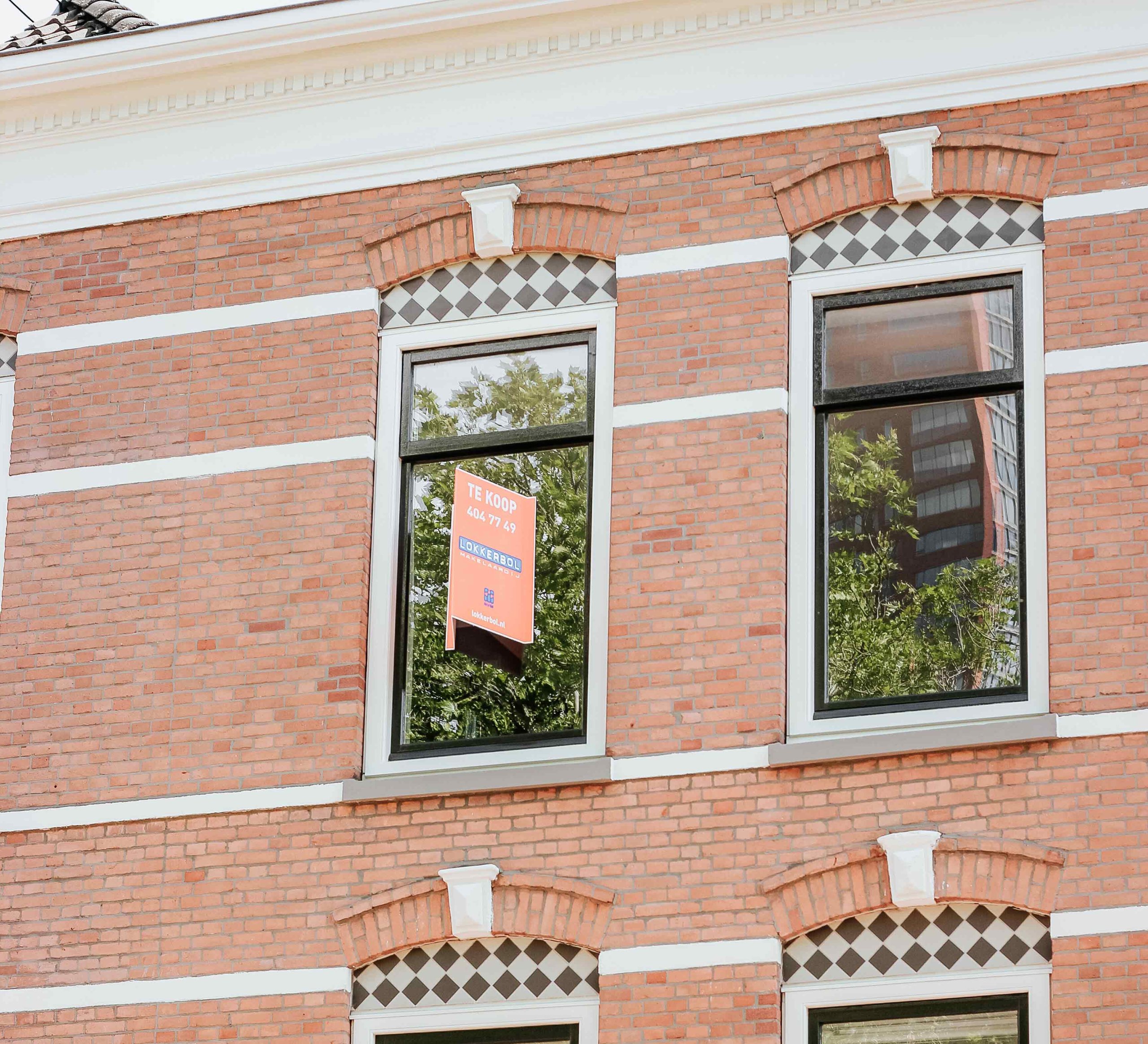After the summer, typically, more Dutch people spruce up their homes for sale and put their properties on the market, while at the same time some private investors are deciding to sell their buy-to-let homes. This means that at a time of better prices, where the power is much more in the hands of the buyer, there could be more choice.
“Dutch people will not sell their house during their summer holidays so in July, the supply goes down, only a few houses get sold in August, but when kids go back to school, people start preparing to sell their houses again,” said Henk Jansen, founder of Expat Mortgages, a mortgage broker for internationals.
Shortage of supply
Housing in general in the Netherlands is in short supply, because there has not been enough house building in the past decade, the population is increasing in size and more people want to live in smaller households.
The government has announced a push to build 900,000 houses by 2030 but there are already signs of problems, because of slow planning approvals, a slowdown in purchases of newbuild and the increasing cost of borrowing money for developers. House building is expected to fall by 3.5% this year.
“The shortfall for houses will only get bigger because almost no permits are given and the supply of new built houses is only going down so it will take a few more years for the solution,” says Jansen. “We’re at a 390,000 shortfall now, when a year ago it was 300,000. The supply is not enough for the demand.”

At the same time, though, there are signs that interesting properties could go on the market. Large Canadian and Swedish investors are considering whether they want to sell their housing stock, according to Dutch media, and estate agents see small investors starting to sell. New regulation proposed to make more rental homes part of the rent-controlled sector, limiting rents to €1,000 a month, and a less advantageous tax situation are stimulating more professionals to sell.
“There are new rules coming in from the Dutch government making it less attractive to invest in properties,” says Jansen. “Transfer tax went up, properties will be taxed higher in wealth tax, and it’s less attractive compared to the time when the return on investment in your savings account was really bad so a lot of people invested in shares, stocks, crypto, gold and in property.”
Now, places like Belgium are reaching out to private savers with attractive government bonds and more banks are passing on higher base interest rates in the form of higher-yield savings accounts. “I don’t know if Canadian, Swedish or other foreign investors are going to sell, but the alternative has become more attractive and I do see private investors selling,” says Jansen. “As a potential house buyer, you can say that’s good, although it doesn’t reduce the shortfall we have in houses.”
Rental
The trend in sale of former rentals actually makes another reason to buy more acute: if there is a lower supply of rental homes, the prices for rental will go up. Although overall rents dropped in the free market this year, city locations are in high demand and it can simply be very hard to find a property.
Currently, landlords can still use short-term contracts, evicting tenants after two years with a no-fault eviction, and raising their prices.
“There will be a little bit more houses for sale because investors are selling the property, which means that a renter might buy the property from his or her landlord: a very good tip at the moment is to ask your landlord whether they are interested in selling,” says Jansen. “It’s a good time to buy.”
Expat Mortgages helps internationals finance their “dream home” purchase in the Netherlands
Disclaimer: The information provided in this article is for general informational purposes only and does not constitute personal financial, legal, or tax advice. While we strive to keep our content accurate and up to date, rules, regulations, and market conditions can change quickly—sometimes faster than we can update our articles.
Before making any financial decisions or relying on this information, we strongly recommend consulting a qualified advisor who can assess your individual situation and provide tailored guidance. We do not accept any liability for actions taken based on this content.

